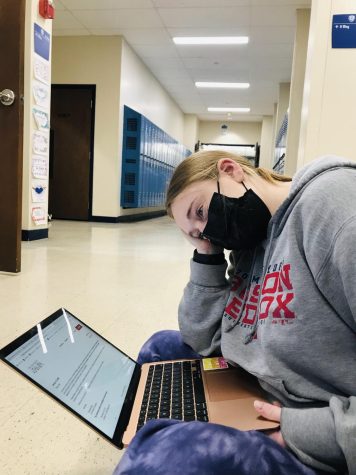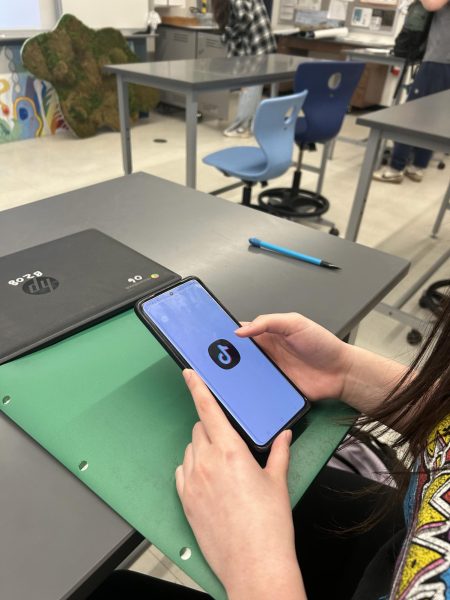The Mentality of the College Application Process
Starting August of senior year, high school seniors begin stressing about college applications. Amidst the schoolwork and extracurriculars, seniors can feel overwhelmed to submit their college apps. The challenge to juggle priorities may exacerbate their mental health.
The thought of attending college is cultivated at a young age from the influence of parents, teachers, and social media. Students may feel a sense of validation if they attend highly selective institutions, especially the Ivy League colleges with most acceptance rates less than 10%.
Dr. Denise Pope, a senior lecturer of education at Stanford University says, “kids have had college on the brain since sixth or seventh grade or even earlier. When you have that kind of stress over that kind of time, that’s where it starts to worry us.”
Adolescent medicine specialist, Dr. Kenneth Ginsburg, agrees. “The college admissions process is an initiation rite into adulthood,” Ginsburg says, “But if success is defined very narrowly, such as a fat envelope from a specific college, then many kids end up going through it and feeling like a failure.”
College applicants may need to craft numerous essays, study for college entrance exams (SAT or ACT), and find teacher recommendations while keeping up senior year grades and responsibilities outside of school.
Zina Zhao, a current senior at Hall, finished applying to college. She says “the hardest part of the process” was writing the supplementals. “The limited word count and specific and rather weird prompts felt limiting at times and there was just SO MUCH,” Zhao says, “but I think in the end it’s more relieving to have finished.”
With a myriad of college and major decisions, seniors may feel unsure about their postsecondary plans. From 2015 to 2016, YouthTruth conducted a survey and found that only 45% of high school students feel prepared for their life after graduation. The stress that comes with these decisions can induce harm onto students such as sleep deprivation, stomach pain, and headaches. More severe cases of stress may lead to depression, eating disorders, and other mental health problems.

Suniya Luthar, a psychology professor at ASU, featured on the APA podcast speaking of psychology discovered that “American teens from upper-middle-class families are more likely to experience depression, anxiety, and substance abuse than any other socioeconomic groups”. Identifying that students are not alone in this process and that everyone feels stress at least once during the application process.
Not only do students feel stressed, but the teachers who are involved in the process may be too. Daisy Laone, a Chinese teacher at Hall, rates stress at a 5 on a 1 to 10 scale. Laone says “it’s extra work” and “it takes more time to write a good letter for all of my students.”
Emmalee Stewart is a Hall school counselor who sees the behind the scenes of the college app process. Stewart says, “In my experience, there are different levels of stress when it comes to the post secondary or college application process. While it can be overwhelming, all students handle this type of stress differently, whether internal, external or a mix of both. Some reasons for a low stress level might include the students’ own personal timeline of completing their application documents towards the end of junior year or over the summer in addition to any resources they might have available to them outside of school.”

There are many ways to cope with the stress, including meditation, taking a few deep breaths, and believing in yourself. For more information on ways to handle college application stress, check out the following resources:





